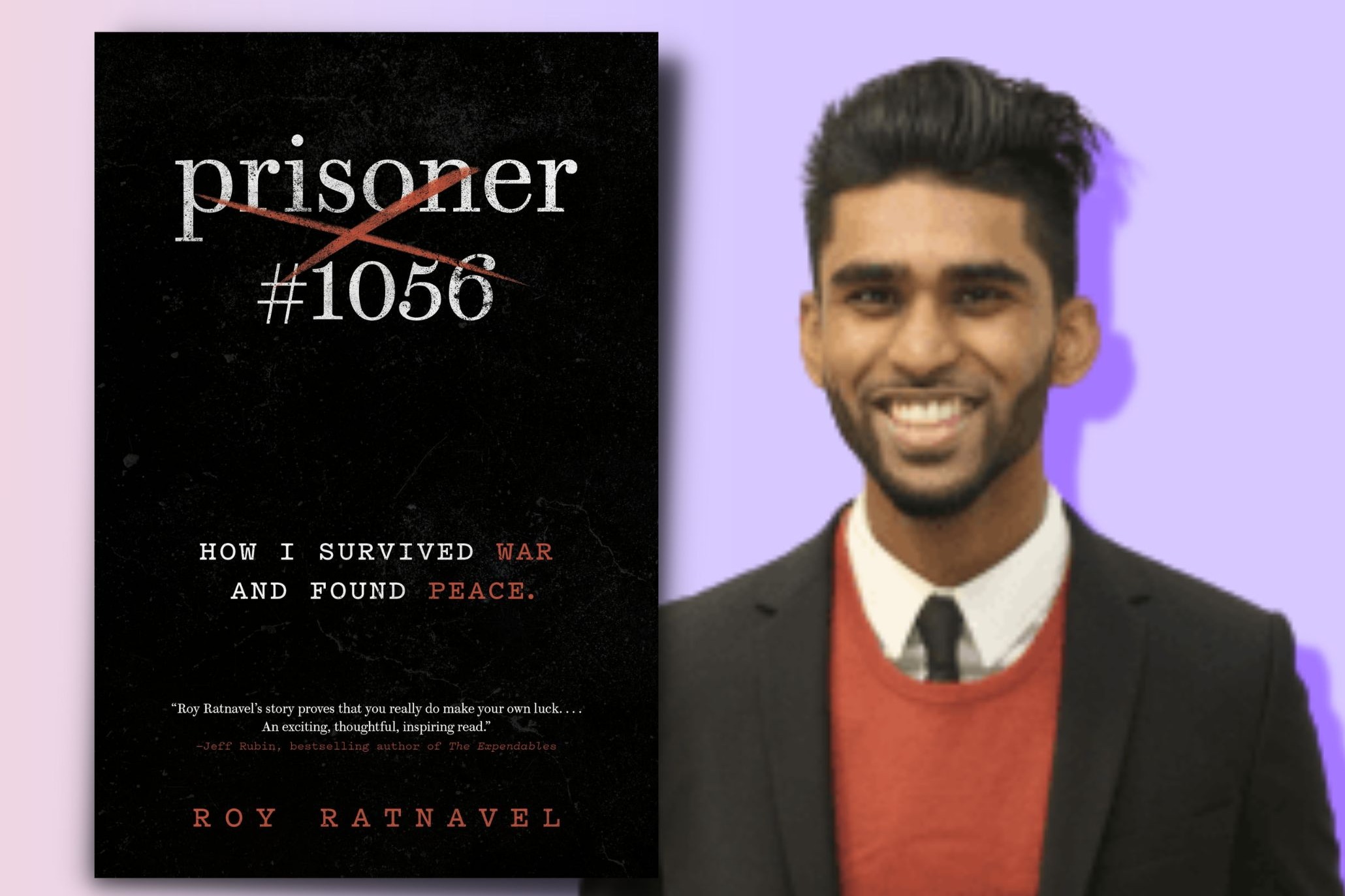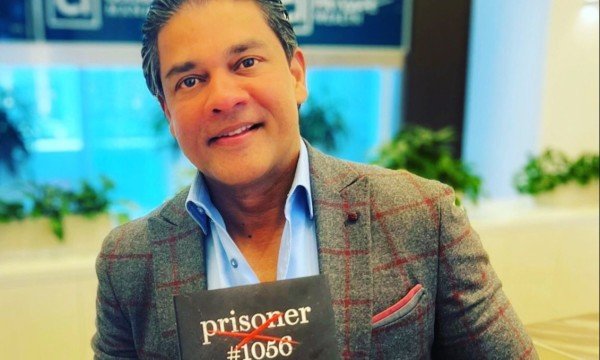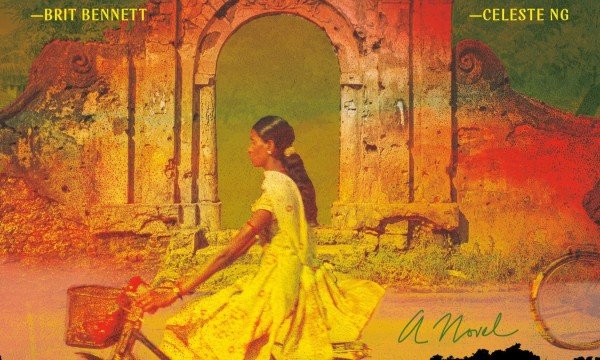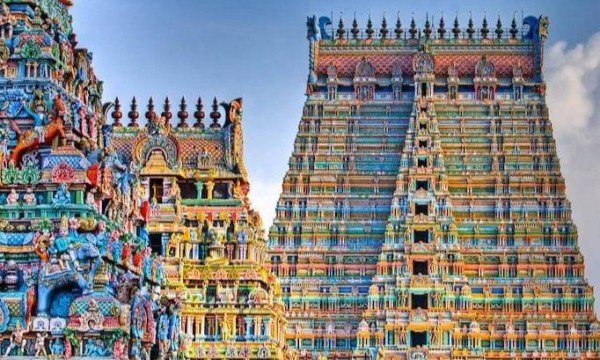
Date on your own terms! Join the other couples who have dated and married through myTamilDate.com!
I was compelled to read Prisoner #1056 because of my unrelenting interest in learning about the civil war in Sri Lanka. My learning started in 2009 as “many stayed overnight on the streets of downtown Toronto and Ottawa, holding vigils while the city slept between protests” (Amarasingam et al., 2023, p.67). I was 12 years old at that time and relied on the experiences of the older generation of the Tamil diaspora to satisfy my insatiable hunger for knowledge. Some shared their experiences of living in bunkers, while others shared stories of fathers and sons being separated, similar to that of Roy Ratnavel.
It later occurred to me that the stories they were sharing were not one-off events of injustice. These were events that had precedent (DeVotta, 2004). The Tamil diaspora framed messages of the current genocide taking place by highlighting The Sinhala Only Act, Black July, and the burning of the Jaffna library to wake up the city that slept between protests (Amarasingam et al., 2023). In doing so, however, the complexity of Sri Lankan history was not fully captured and therefore my understanding was compromised.
 Roy Ratnavel's Prisoner #1056: A Tamil Story of Struggle, Resilience and Building a Meaningful Life TC's review of Prisoner #1056 and a discussion with Roy Ratnavel on key moments and lessons that helped him in defining a life filled with meaning. TamilCulture.com
Roy Ratnavel's Prisoner #1056: A Tamil Story of Struggle, Resilience and Building a Meaningful Life TC's review of Prisoner #1056 and a discussion with Roy Ratnavel on key moments and lessons that helped him in defining a life filled with meaning. TamilCulture.com To help fill this void, over the years, I read Prof. Amarasingam’s work on the Tamil diaspora as a social movement, Prof. DeVotta’s work on ethnic conflict in Sri Lanka, and Prof. Fernando’s work on political economy, to name a few. Much more learning remains. Much more learning will remain after I finish reading Prisoner #1056.
I finished reading the book's first three chapters and I was impressed with how quickly Ratnavel takes the reader on an emotional journey. One scene that stands out is when Ratnavel gets to speak to the defence minister’s wife at the notorious prison camp. His goal was to convince her he had no connection to any groups and to release him. Ratnavel told the defence minister’s wife she could call Uncle Fernando, a Sinhalese military member to corroborate his story. Uncle Fernando was very close to Ratnavel’s dad. The next day he was released.
Ratnavel (2023) writes, “Uncle Fernando immediately drove many hours to Galle to release me. I could have been in his embrace forever. I had missed human kindness so much. We both teared up. And then I broke down unconsolably” (p.23)
The story gets more emotional as the LTTE kills Uncle Fernando’s son. “On January 6, 1986, Major Milroy Fernando died in an ambush in the little town of Omanthai in the Northern Sri Lankan district of Vavuniya. Later it became the last Sri Lankan Army checkpoint that divided the government and LTTE controlled areas. Milroy had laid down his life for his country. His loss devastated both our families. But Uncle Fernando still helped his Tamil friend’s son” (Ratnavel, 2023, p.25).
Different types of emotions were penetrating my conscious as I was reading these lines. I felt angry when Ratnavel was arrested and put into prison camp for simply being Tamil. I was also in fear of what might happen to him next. I felt a dose of joy when he was released from prison but then a dose of sadness when Uncle Fernando’s son was killed.
 A Response: 'Brotherless Night,' by V. V. Ganeshananthan As an Eelam Tamil who lived through the 1980s in Jaffna, reading this book was both nostalgic and emotionally challenging. TamilCulture.com
A Response: 'Brotherless Night,' by V. V. Ganeshananthan As an Eelam Tamil who lived through the 1980s in Jaffna, reading this book was both nostalgic and emotionally challenging. TamilCulture.com Despite the emotional nature of these events, I believe it conveys a theme that has important implications for postwar movement identity. The theme is the following: regardless of what group we affiliate with, we shouldn’t express hostility to the other group. Love always wins. In the book Pain, Pride, and Politics, it shows that the Tamil youth in Canada who support the LTTE do not antagonise the Sinhalese community (Amarasingam, 2015), consistent with research from social psychology that shows individuals’ support for their in-group has no correlation to expressing hostility toward an out-group (McCauley et al., 2011).
Although it seems that most Tamil youth understand this theme as corroborated by Prof. Amarasingam’s field research, it nonetheless serves as a reminder of how to lead with love and humanity like Uncle Fernando.
I look forward to reading the remaining chapters of the book and will publish my final thoughts after that.
LISTEN!

























